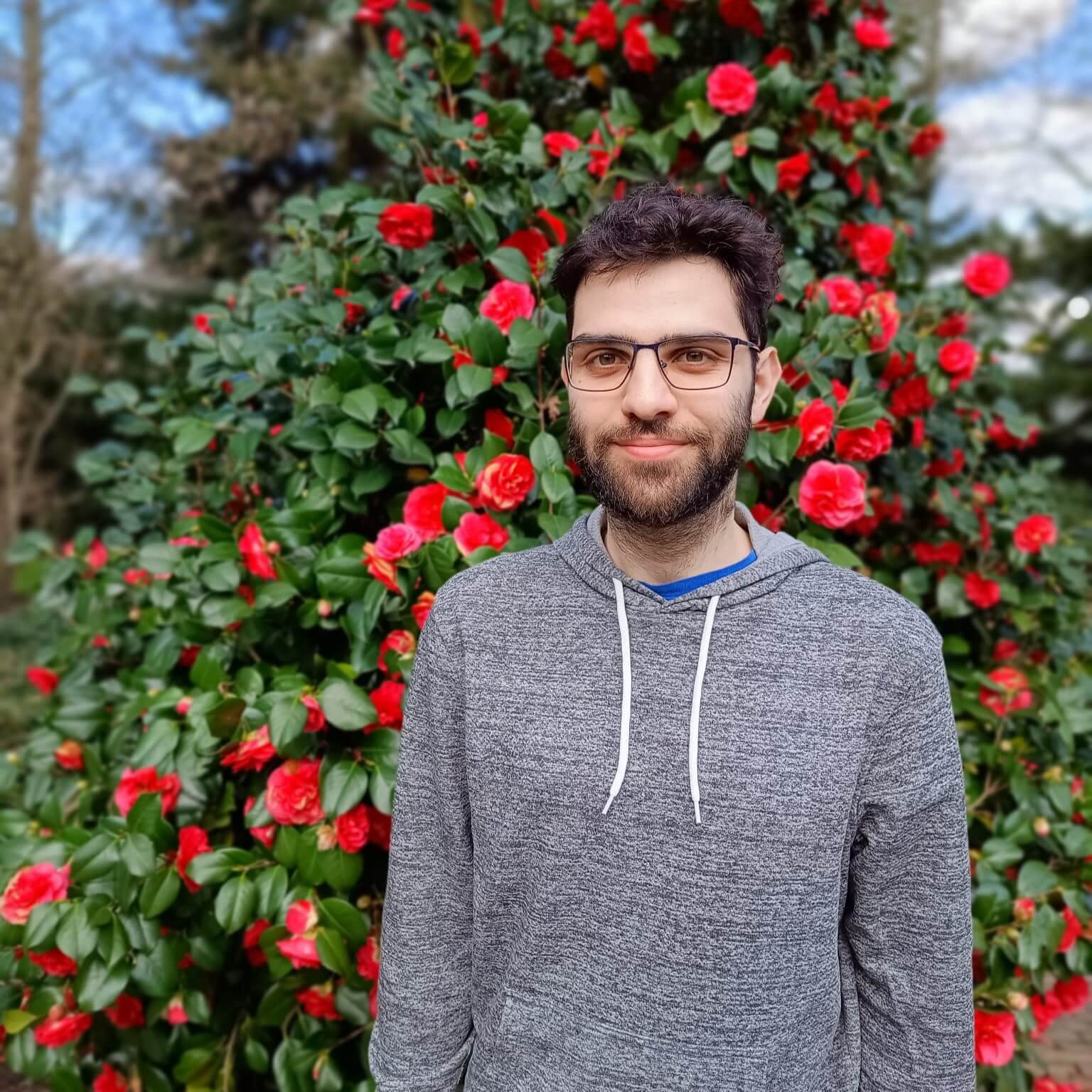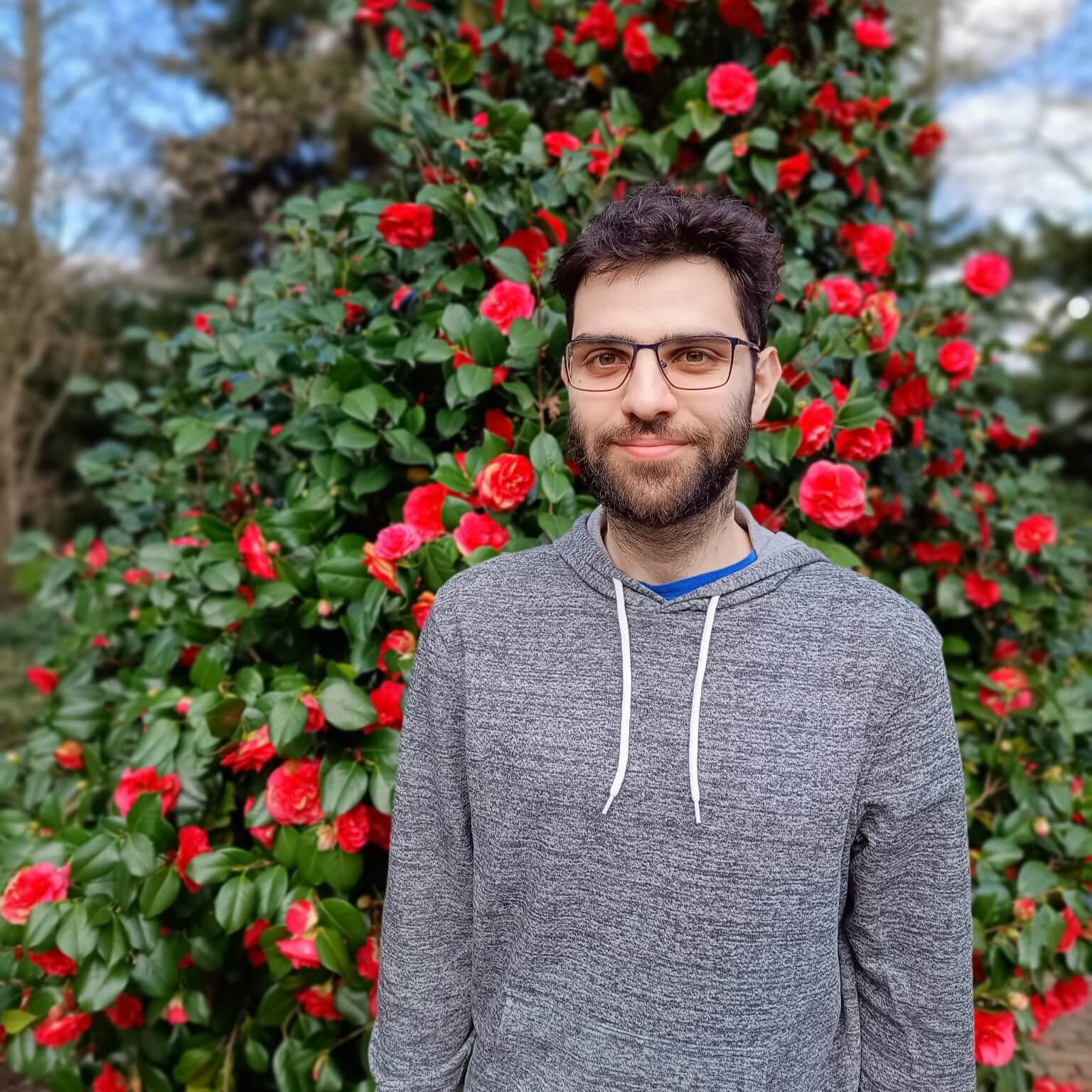HCI Study Plan & Professional Reflection
Reflecting on my academic path in HCI
I am a Human Computer Interaction student with a background in software engineering. I design, build, and evaluate interactive systems that are functional and meet stakeholder needs. What drives me is the challenge of connecting technologies with human intention, especially in domains where engineering and psychology intersect.
My work style is hands-on, research-driven, and cross-disciplinary. I enjoy taking on both the design and development sides of a project. My strengths lie in full-stack development, creative problem-solving, and designing experiences that are both functional and user-friendly. I’m particularly drawn to solutions involving embedded and adaptive systems.
Over the course of my Master's, I’ve engaged with diverse topics and perspectives that helped me grow from a developer into a research-oriented HCI professional. Below is a reflection on my study plan, key projects, and the knowledge and skills I’ve acquired along the way.
My study plan consisted of mandatory courses, primary electives, and secondary electives. As I have done the Software Engineering track during my previous study programme, which mainly focused on backend/API development and databases, my aim with the Master in Human Computer Interaction is to broaden my knowledge and enhance my skills in areas I haven't focused much on previously, such as frontend design/development, research, interactions in user experiences, and context-aware systems and applications.
To achieve this, I carefully analysed the available courses and created a study plan with electives that were able to teach me new skills and knowledge in areas that were fairly new to me. As the mandatory courses involved qualitative and quantitative research, prototyping, and psychology, I have taken electives that focused on completely different areas, such as requirements engineering, mobile interaction, and business informatics.
Since programming is not required to complete the Master's programme, most of the mandatory courses focus solely on research. For most of the courses I had to conduct user studies/lab sessions, perform evaluations, analyse user data, and write scientific papers. To create a balance between research and development, I have decided to do primary and secondary electives that consisted of varied coursework. Although programming was optional in all cases, I developed several applications to support my research projects.
Key projects I developed during my Master's programme
- Magic Chef - A high-fidelity interactive cookbook prototype using RFID, Hall effect sensors, and a web application for recipe selection and guided cooking.
- Adaptive Ringtone Interaction Platform - A web application used in a user study to analyse how adaptive ringtones affect task response time in dual-phone setups.
- Like A Book - A study platform comparing metaphor-based and traditional user interfaces for an online bookstore, with logging and analysis features.
Each of these projects was closely connected to the courses I followed and provided opportunities to apply both technical development and HCI research methods. They taught me to be reflective, to work iteratively, and to base my design decisions on real user feedback and behavioural data.
When I was working on the Magic Chef project, I learned to create 3D models and print them using a 3D printer. Before taking the corresponding course, I was not familiar with hardware prototyping and I had mostly worked with software. During the Responsible ICT course, I learned to look at development and business processes from new perspectives, enabling me to collect data from users/participants in ethical and legal ways. The course Requirements Engineering taught me to create user stories, functional/non-functional requirements, and models that aid me when developing software. It also introduced me to low-code platforms and taught me to write code that accounts for edge cases. Through additional research projects, I gained experience in performing both qualitative and quantitative analyses, designing studies and methodologies, and sampling participants.
Looking ahead, I am interested in jobs that involve software/usability engineering, consultancy, leadership, systems/applications development, and research. I want to help shape how users experience adaptive and interactive systems. Long-term, I'd like to contribute to or even start a company that creates creative technology products that prioritise usability, responsiveness, functionality, and accessibility. I also aim to choose a relevant topic in which these areas intersect.
This study plan has allowed me to grow beyond my identity as a developer into a multidisciplinary HCI practitioner. Through the combination of research, experimentation, and engineering, I am ready to take on projects that challenge my creativity, research skills, and technical expertise.


